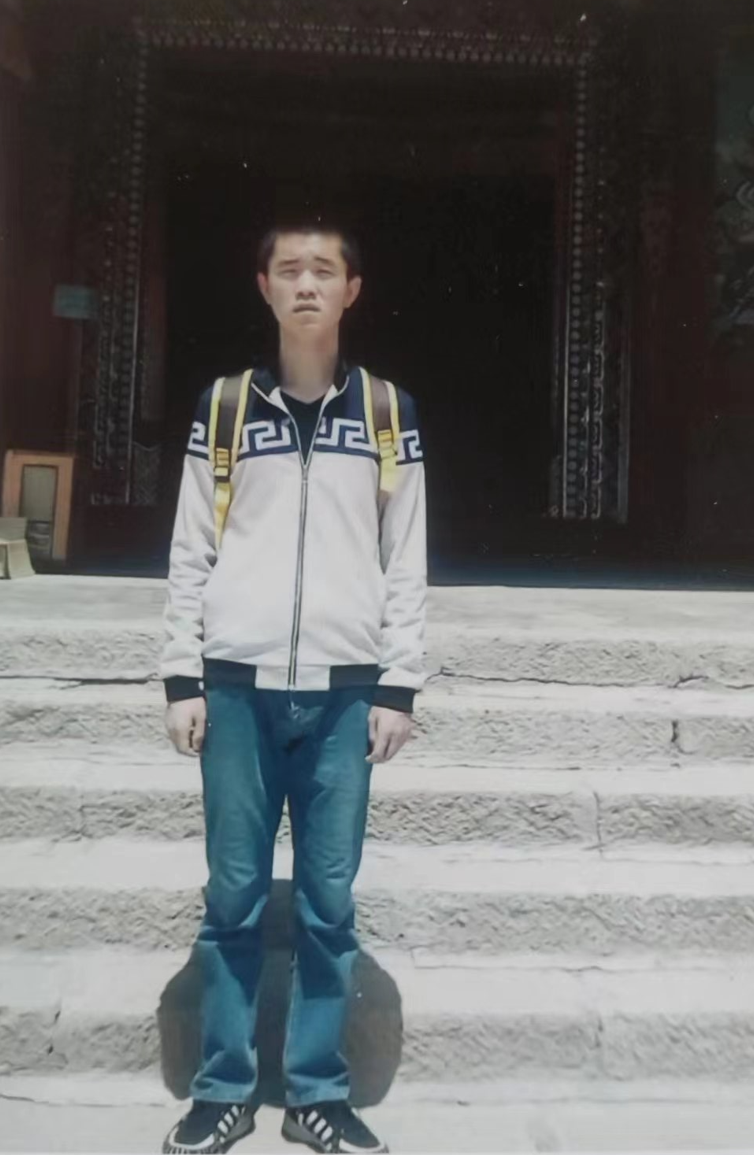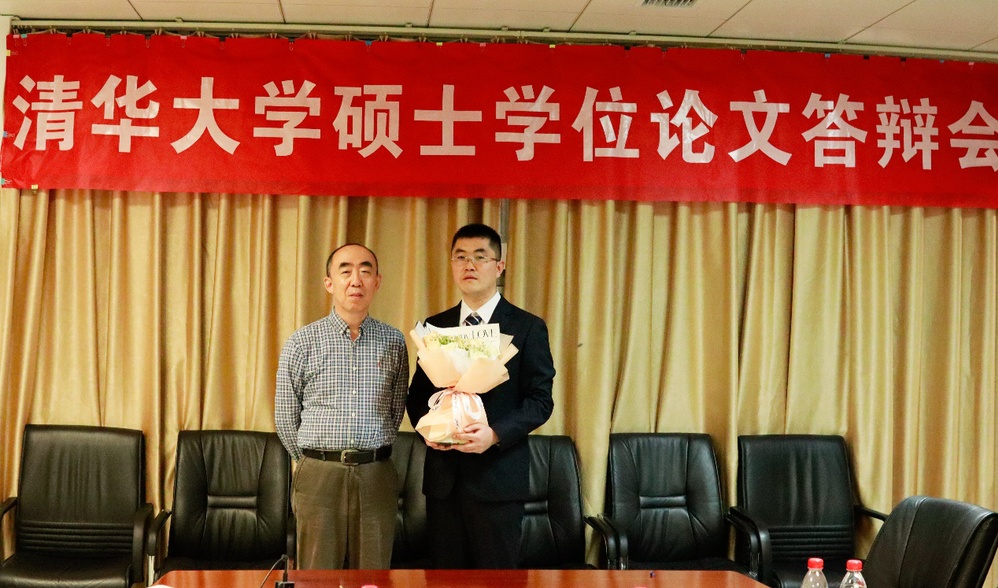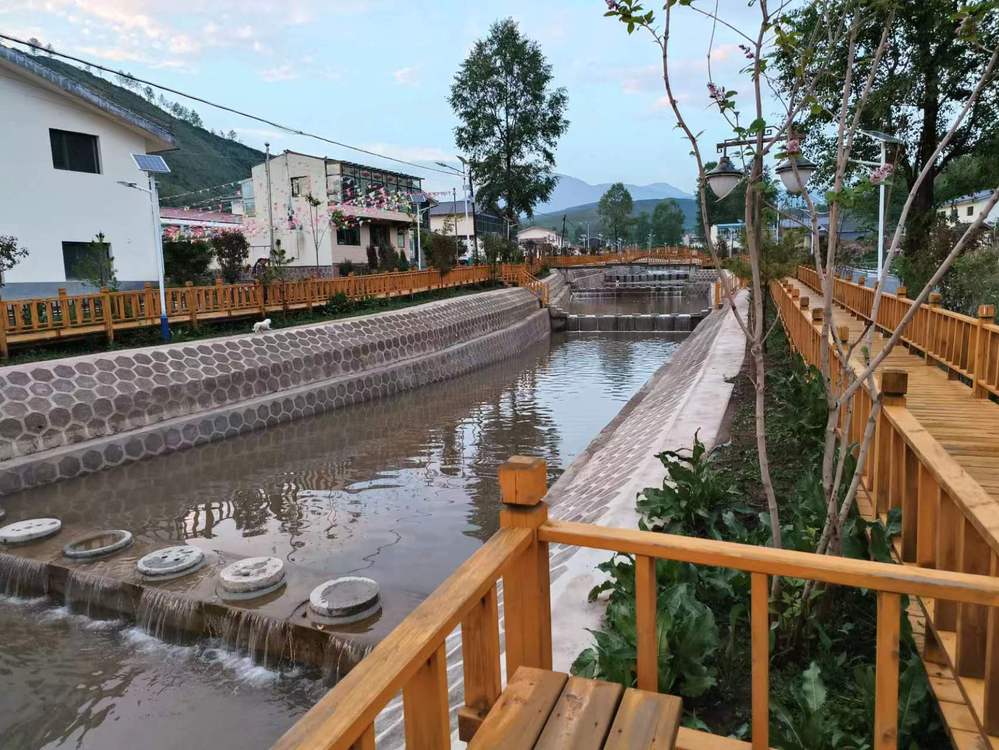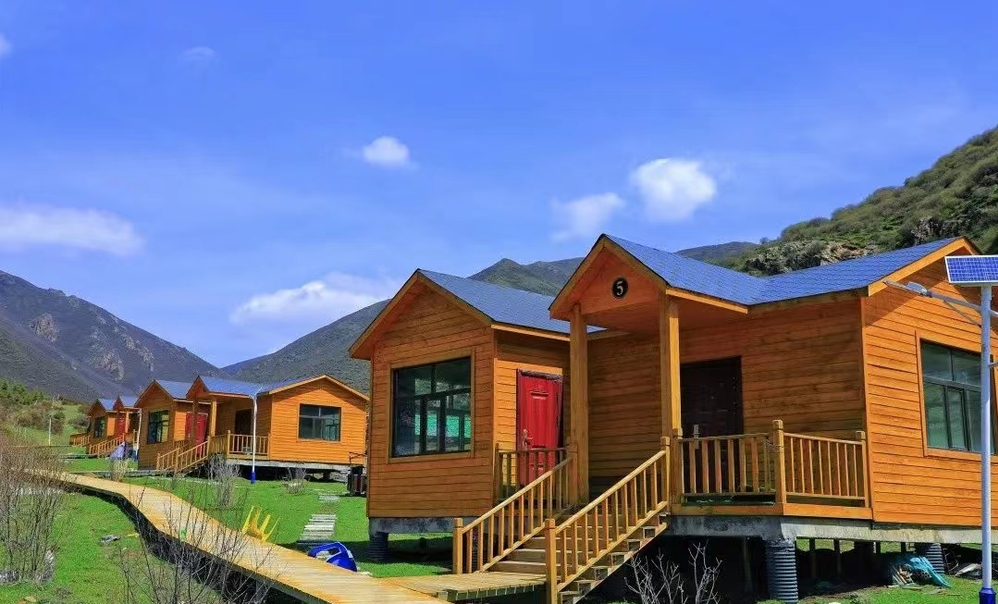Editor’s Note:
As our 2023 graduates start a new chapter in their lives, they share with us how SIGS has shaped them.
In this installment of SIGS Graduate Stories, Zhang Guoping, a master’s graduate in Electrical Engineering from Qinghai Province, shares how Tsinghua and SIGS have helped him to move closer to his goal of making his hometown a better place.
A dream forms
Zhang Guoping grew up helping his parents with farm work in mountainous and rural Datong, a county under the administration of the city of Xining in Qinghai Province located in the northwest of China. Laboring alongside his parents and seeing their hard work, an idea germinated: “I want to rely on my own efforts to go out to the bigger world and learn more knowledge, to give my parents a better life, and to give the people in my hometown a better life.
His dream wasn’t going to be easy. In Guoping’s hometown, due to poor economic conditions, children often stopped going to school before high school or even middle school. Guoping studied diligently, guided along by his parents’ support. National policies aimed at compulsory education and poverty alleviation provided him with opportunities to continue his schooling. In 2016, he was accepted into Tsinghua for his undergraduate studies as an electrical engineering major.

Guoping entering Tsinghua in 2016
Guoping’s time at Tsinghua didn’t come without further challenges. At the start of his academic career, he had the third lowest grades in his department. He worked hard towards improving his grades and eventually was directly admitted into SIGS without an examination.

Guoping at his undergraduate commencement ceremony
Overcoming research challenges
At SIGS, Guoping continued his learning as a master’s student in electrical engineering. He was a researcher on the South China hygrothermal project, evaluating the performance of epoxy resins under hygrothermal environments and testing evaluation technology of the environmental adaptability of dry-type air-core reactors. In hot and humid climates, the power system is prone to failure, affecting regional power supply. Our research group studies the failure mechanism of equipment, detection methods, and making feasible suggestions for the application of equipment,” said Guoping.
When I first came into contact with the subject, I knew little about epoxy resin and dry-type air-core reactors. Honestly, I didn't feel that I really understood the essence of the relevant issues until I was in the third year of research,” said Guoping. To understand the project, Guoping read a lot of literature, conducted experiments, and carried out relevant field research. In our research, our advisor gave us guidance on ideas and directions. But, more so, we needed to explore independently.”

Zhang Guoping (right) with his advisor Jia Zhidong (left)
Guoping’s advisor Jia Zhidong, a research professor at SIGS, was gratified to observe Guoping’s growth over the last three years. Guoping became a model for the team. “Zhang Guoping's research and leadership skills have been significantly improved during his three years, and he has participated in and successfully completed major projects for China Southern Power Grid,” said Jia.
Guoping was inspired by how much his advisor emphasized application. “Dr. Jia has always emphasized the applicability of scientific research results. Under his guidance, I pay great attention to the practicality of doing project research, and I have done field research many times. It is in this process of in-depth field practice research that we really grasp the paint points and make our research more 'grounded',” said Guoping.
Giving back
Zhang Guoping has not taken the opportunity to understand and experience wider society and the world for granted. While at SIGS, he took time to give back. As a graduate student, Guoping donated 1000 mL of blood and volunteered as an epidemic volunteer as well as in the dining halls at SIGS.
As an undergraduate, he participated in a volunteer teaching program in a rural area of Jiangxi. The children he worked with there had backgrounds similar to his own. I hope from the bottom of my heart that the children will also have the opportunity to step into the broader world. Guoping is a role model for young people from rural areas in China.
Returning home
Although Guoping’s academic career took him far from Qinghai, his goal to improve conditions in his hometown has never left him. After his seven years at Tsinghua, Guoping has decided to return to Qinghai to work at the State Grid Qinghai Electric Power Company. “Although my research topic focused on the hot and humid southern climate, the skills I’ve developed in my research will be useful,” said Guoping. In his work, he will mainly be responsible for scheduling the power system, where the slightest mishap can result in huge financial losses.


Newly constructed scenic spots near Guoping’s hometown
Going back home, Guoping can see how the conditions in his hometown have improved over the years. “My hometown is adding new roads every year, and the tourism industry is expanding, with many beautiful new tourist attractions.” With his work in the power grid industry, Guoping will be ensuring the continued growth and prosperity of his hometown. Although my influence is still small, I still want to do my best to bring home what I have learned at Tsinghua, do my job well, and do my part for the development of Qinghai.”
Reported by Ye Sijia
Written by Alena Shish
Edited by Yuan Yang
Photos provided by interviewee
Special thanks to the Office of Student Affairs


